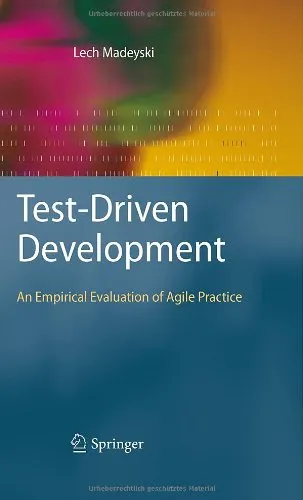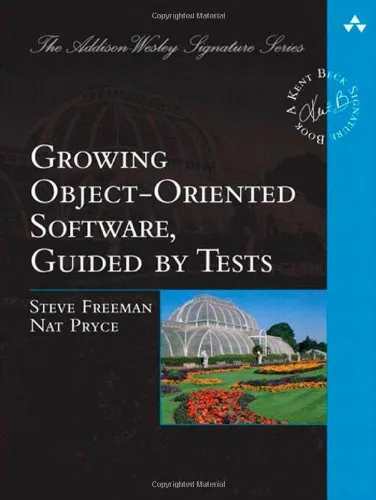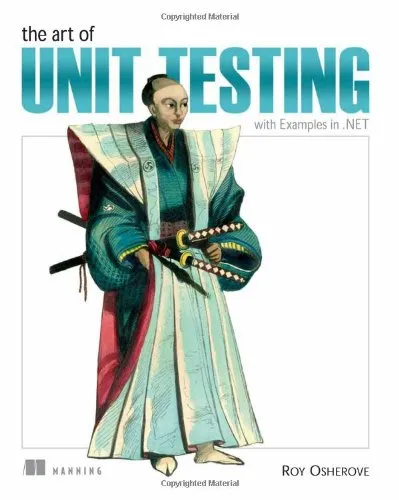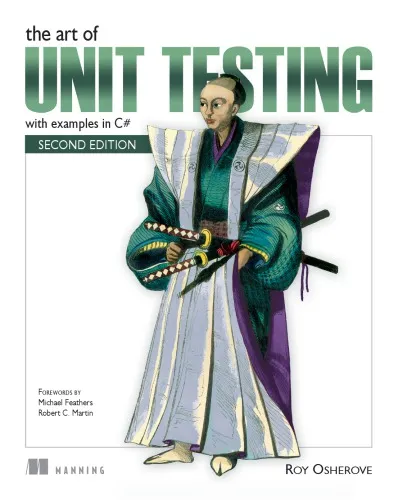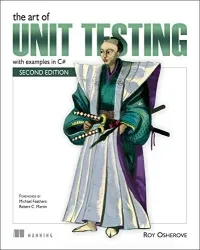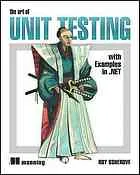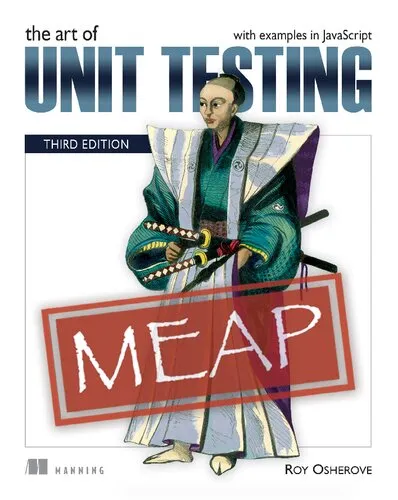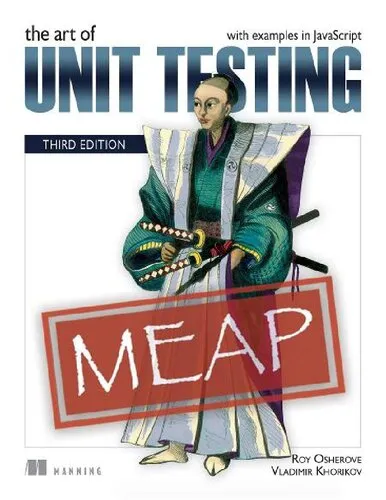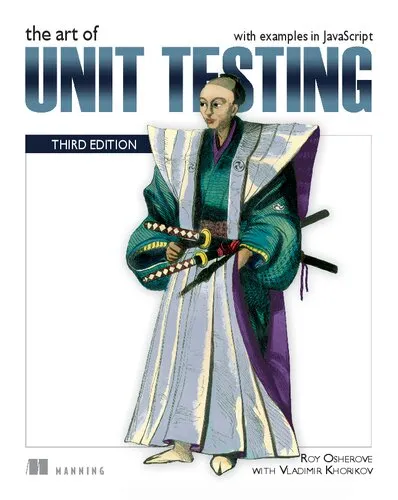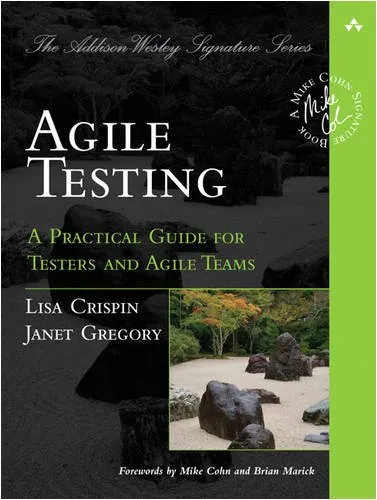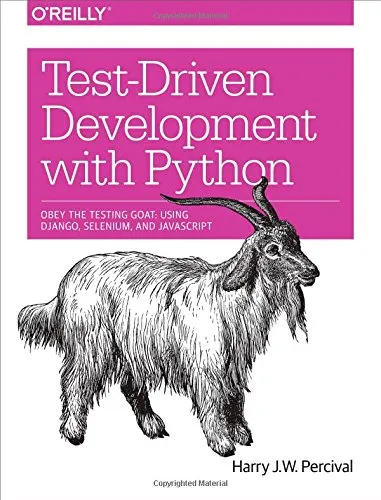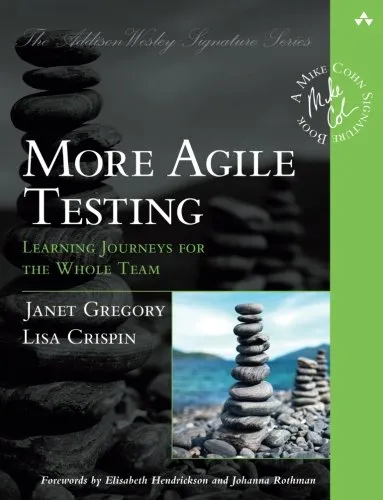Test-Driven Development: An Empirical Evaluation of Agile Practice
4.0
Reviews from our users

You Can Ask your questions from this book's AI after Login
Each download or ask from book AI costs 2 points. To earn more free points, please visit the Points Guide Page and complete some valuable actions.Related Refrences:
Introduction to Test-Driven Development: An Empirical Evaluation of Agile Practice
Lech Madeyski's book, "Test-Driven Development: An Empirical Evaluation of Agile Practice," delves deep into the methodology of Test-Driven Development (TDD), exploring its impact, challenges, and advantages within the paradigms of Agile software development. With a comprehensive empirical approach, this book offers invaluable insights for both practitioners and researchers who are keen on maximizing the efficiency and quality of software engineering.
Detailed Summary of the Book
Test-Driven Development (TDD) is a foundational practice in Agile methodologies that emphasizes writing tests before code. In this book, Madeyski provides a detailed examination by evaluating TDD through various empirical studies, thus presenting an objective analysis of its viability in software development. The author begins by introducing the basic principles of TDD, explaining its workflows, and contrasting it with traditional development methods. As the book progresses, Madeyski presents a range of empirical research data, collected from multiple case studies and controlled experiments.
Madeyski’s rigorous analysis showcases the potential of TDD to improve code quality, maintainability, and programmer satisfaction. However, the book does not shy away from discussing the contexts in which TDD might not be beneficial, such as the potential increased initial development time and the necessity for a cultural and mindset change among developers.
The book is particularly noteworthy for its methodological approach, which combines quantitative and qualitative data to encompass a holistic view of TDD's efficacy. By doing so, Madeyski equips his readers with evidence-based insights that facilitate informed decision-making when adopting TDD.
Key Takeaways
- TDD can enhance code quality and confidence among developers.
- The adoption of TDD requires a cultural shift and commitment from development teams.
- Empirical data supports TDD's effectiveness but also highlights challenges in its implementation.
- TDD could lead to longer initial development times but facilitate maintenance in the long run.
Famous Quotes from the Book
"Test-Driven Development not only serves as a technique for ensuring code correctness but also as an enabler of better design decisions."
"The true power of TDD lies in its ability to provide immediate feedback, thereby fostering a culture of quality in agile environments."
Why This Book Matters
The relevance of "Test-Driven Development: An Empirical Evaluation of Agile Practice" in today's software industry cannot be understated. As Agile methodologies continue to rise, understanding TDD's empirical impact aids organizations in implementing practices that genuinely enhance productivity and product quality. This book stands out for its scholarly prowess, providing evidence-based conclusions rather than anecdotal advocacy commonly found in literature about agile practices.
For educators, students, and industry professionals alike, Madeyski's detailed evaluations and balanced viewpoints offer clarity and understanding of a practice that is often misunderstood or misapplied. By bridging the gap between theory and practice with empirical evidence, the book not only educates but also guides the ongoing discussions on Agile methodologies and software development best practices.
Free Direct Download
You Can Download this book after Login
Accessing books through legal platforms and public libraries not only supports the rights of authors and publishers but also contributes to the sustainability of reading culture. Before downloading, please take a moment to consider these options.
Find this book on other platforms:
WorldCat helps you find books in libraries worldwide.
See ratings, reviews, and discussions on Goodreads.
Find and buy rare or used books on AbeBooks.
1565
بازدید4.0
امتیاز0
نظر98%
رضایتReviews:
4.0
Based on 0 users review
Questions & Answers
Ask questions about this book or help others by answering
No questions yet. Be the first to ask!
